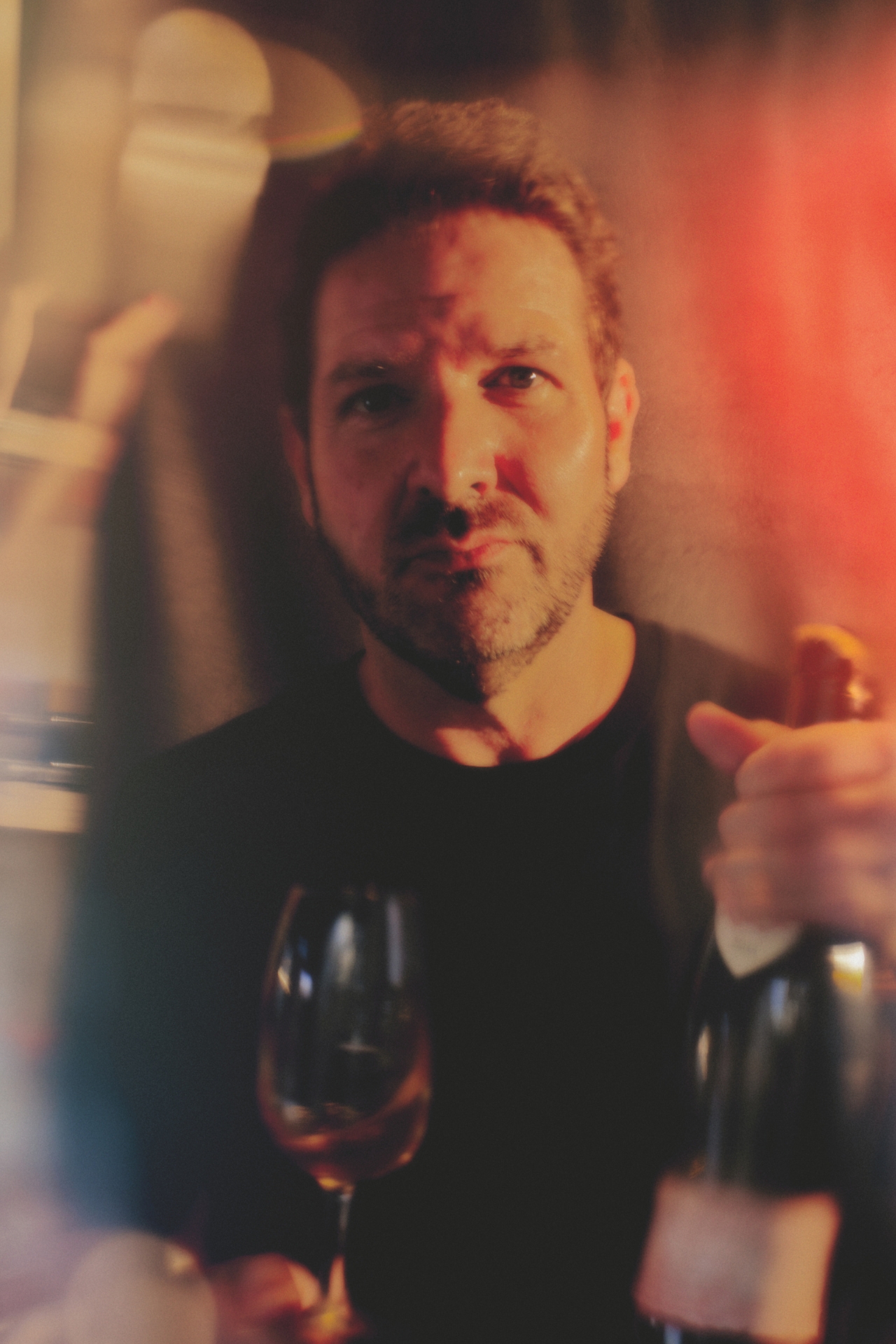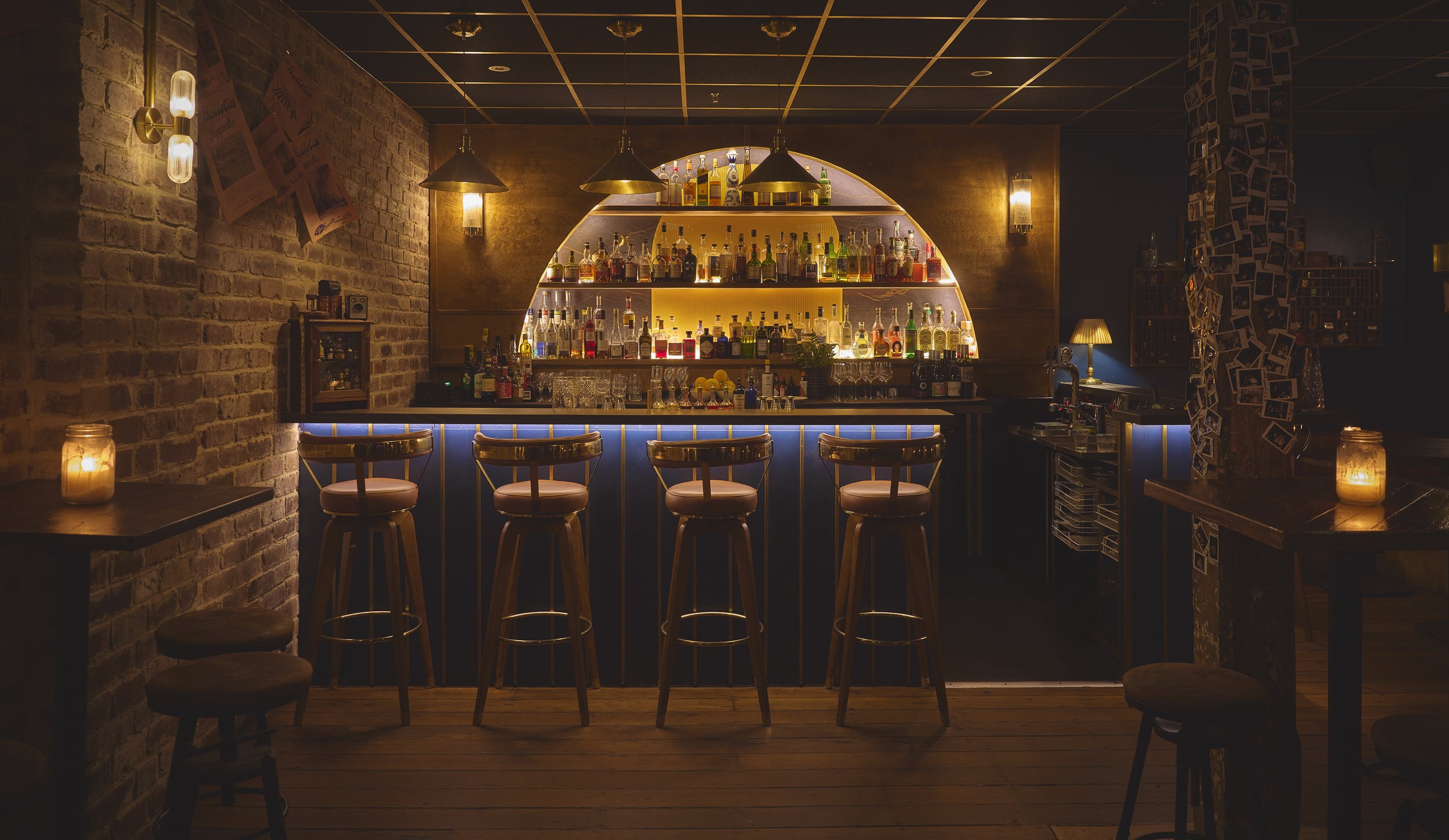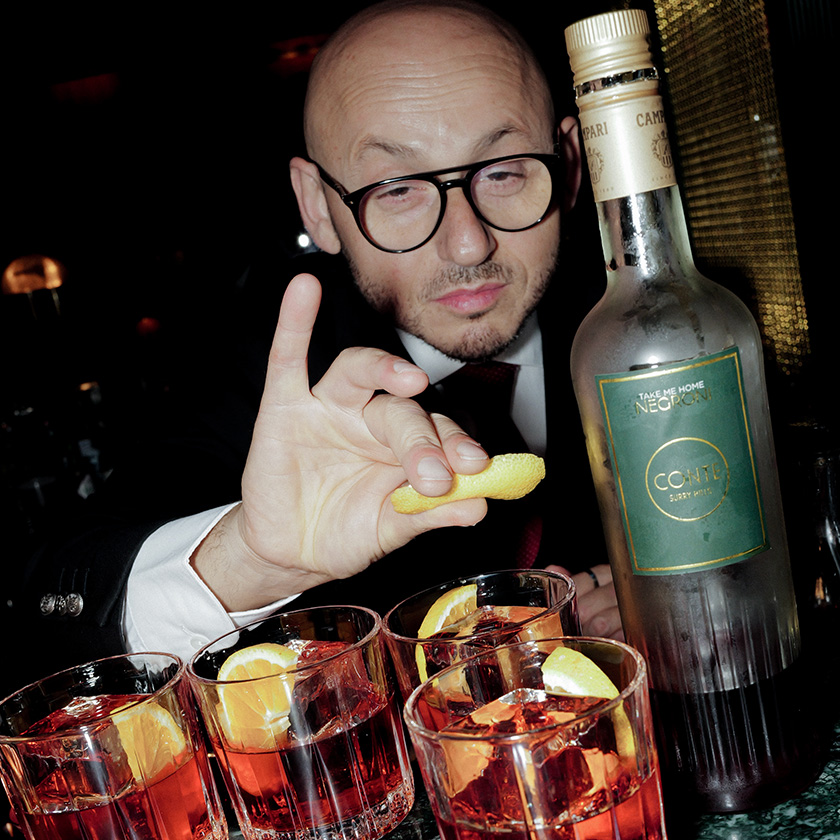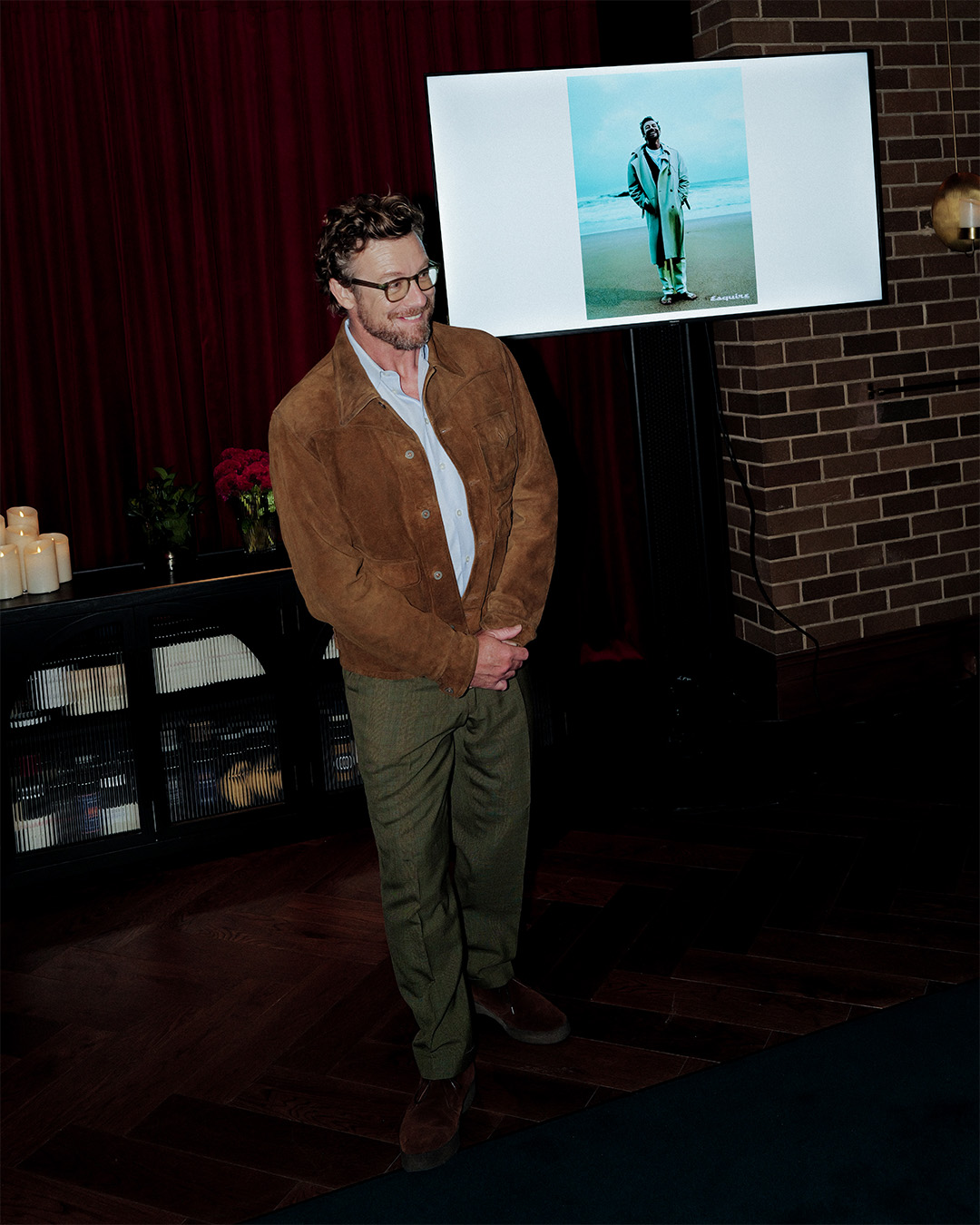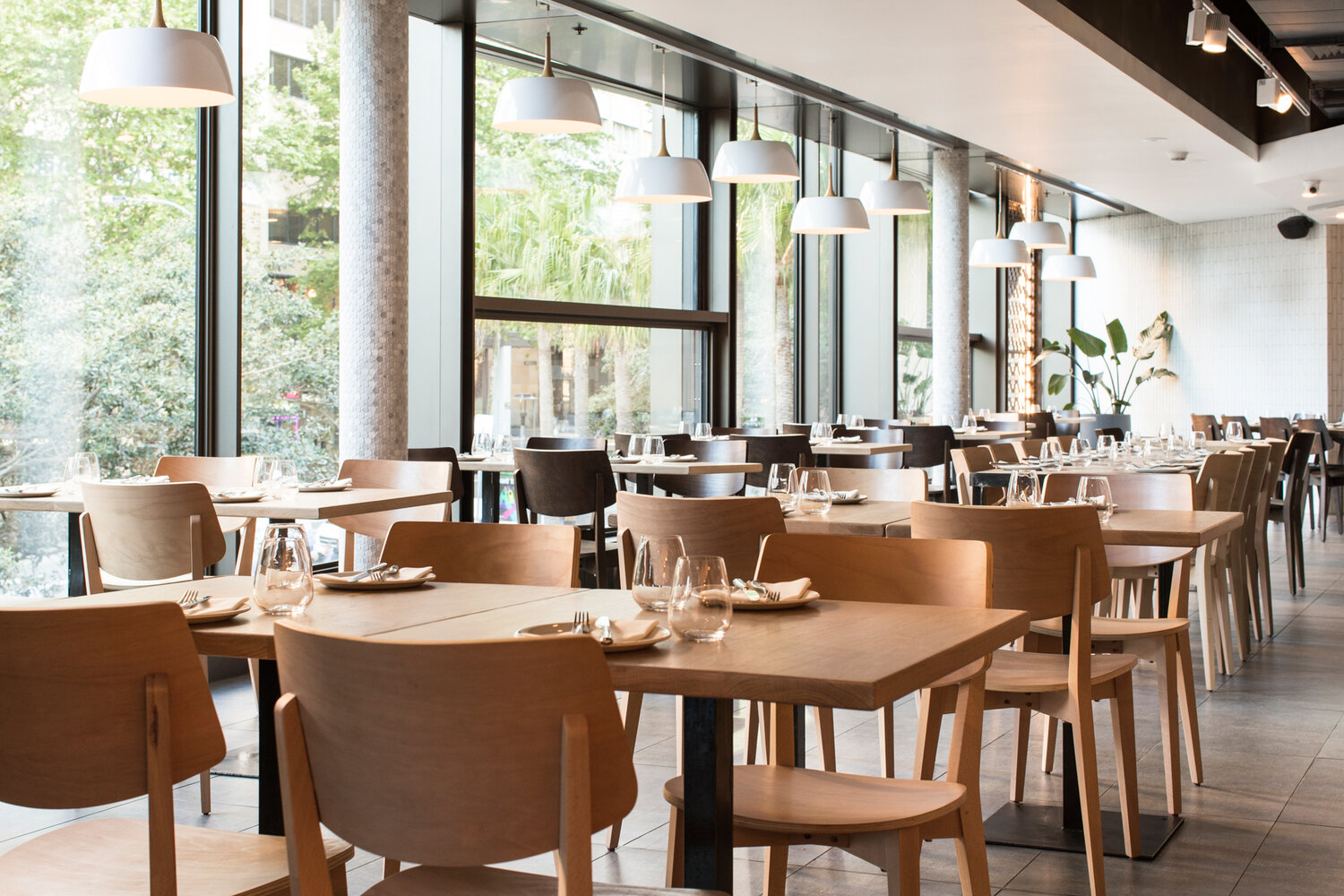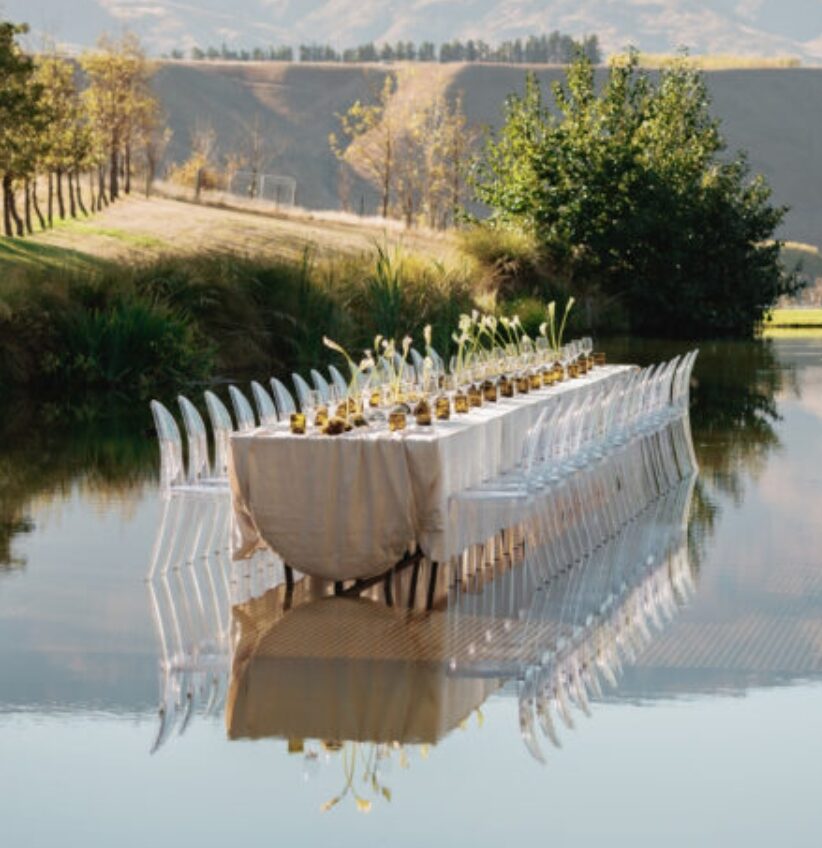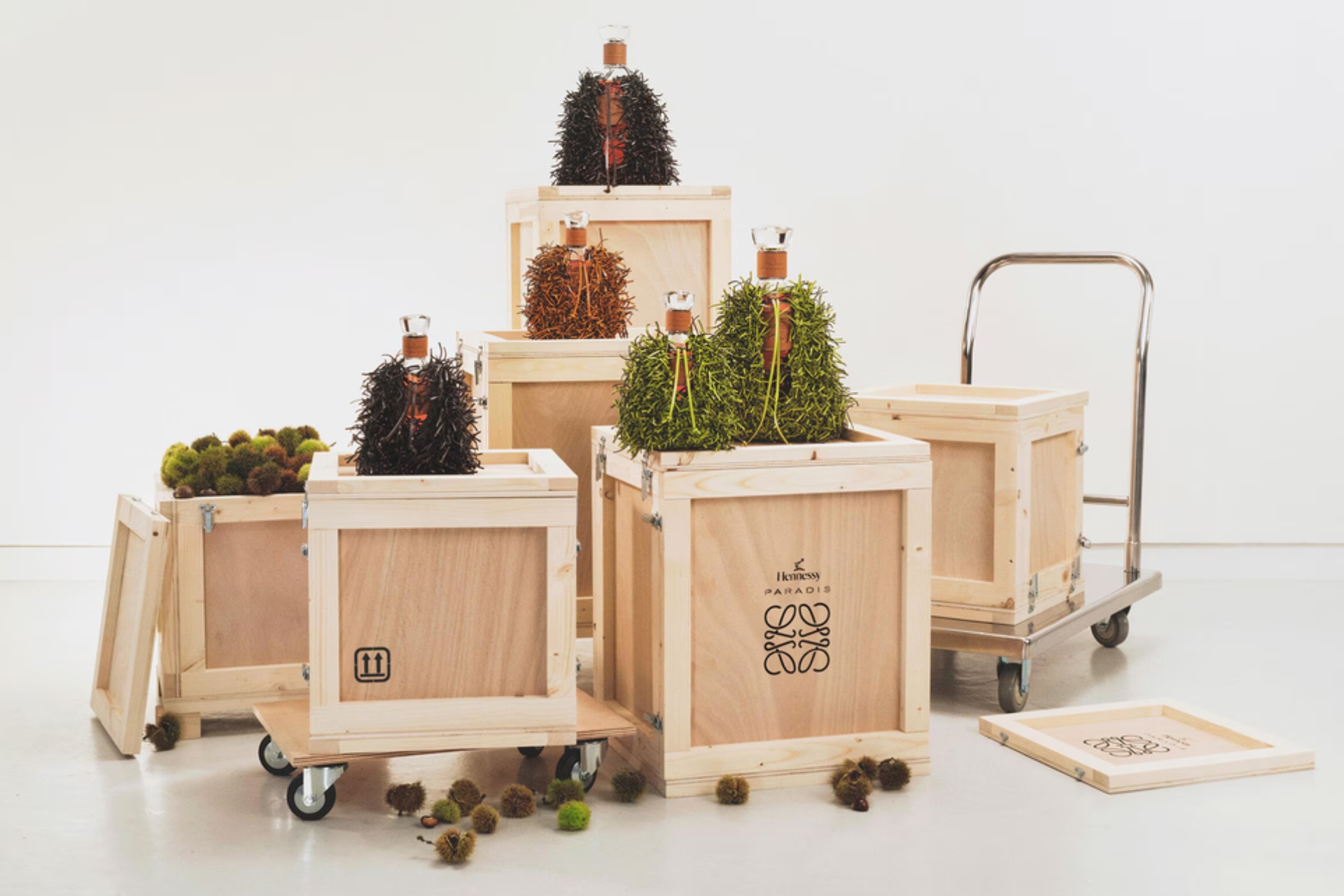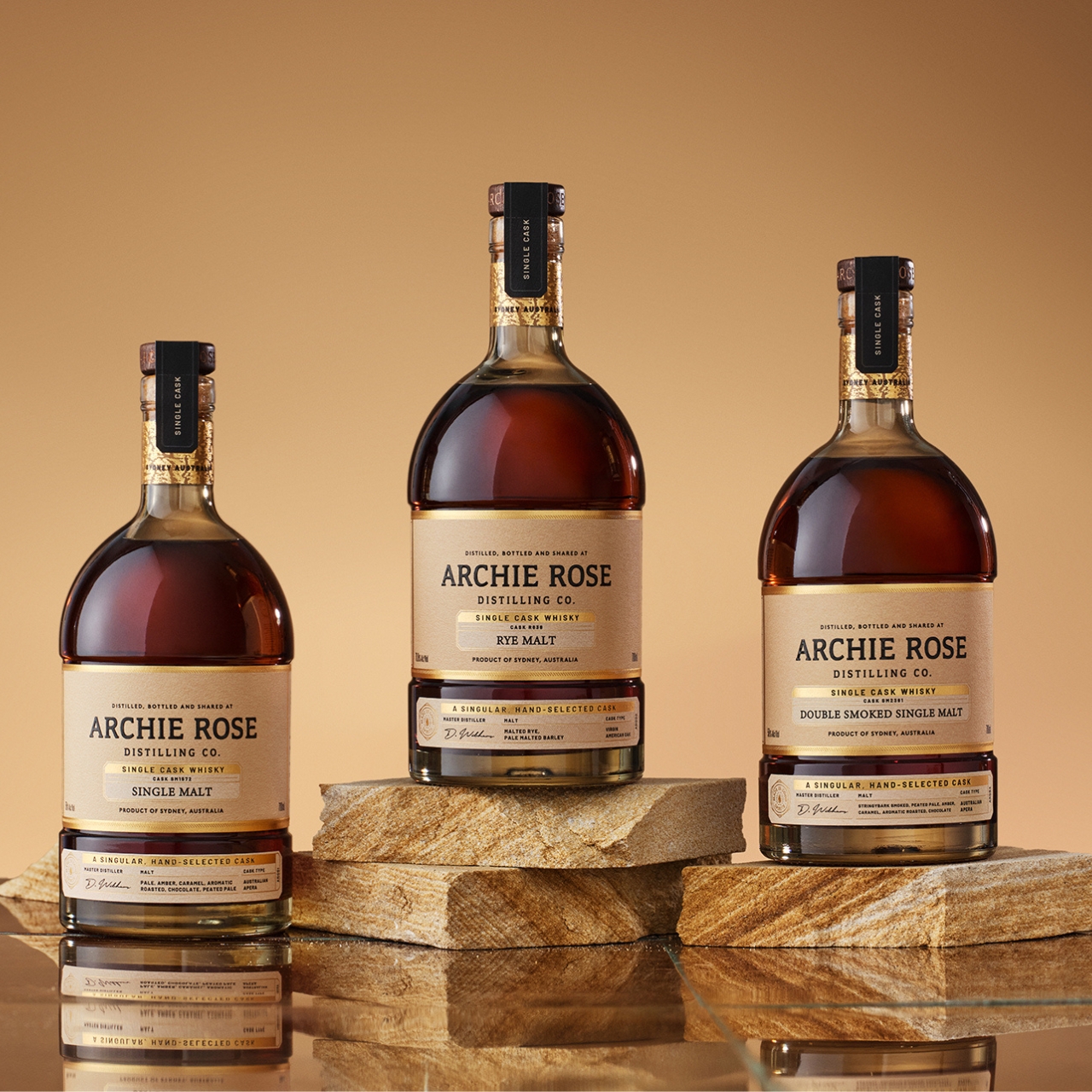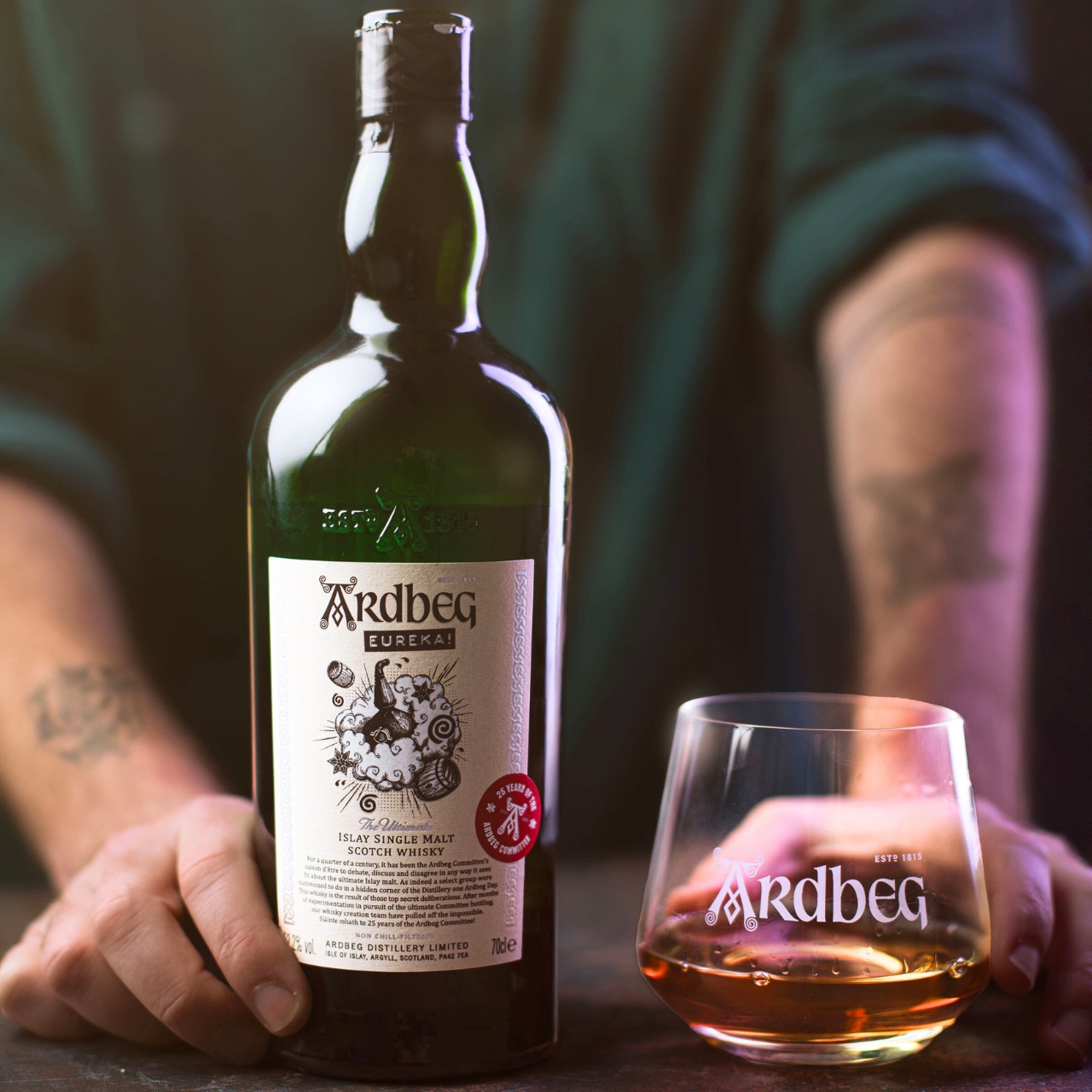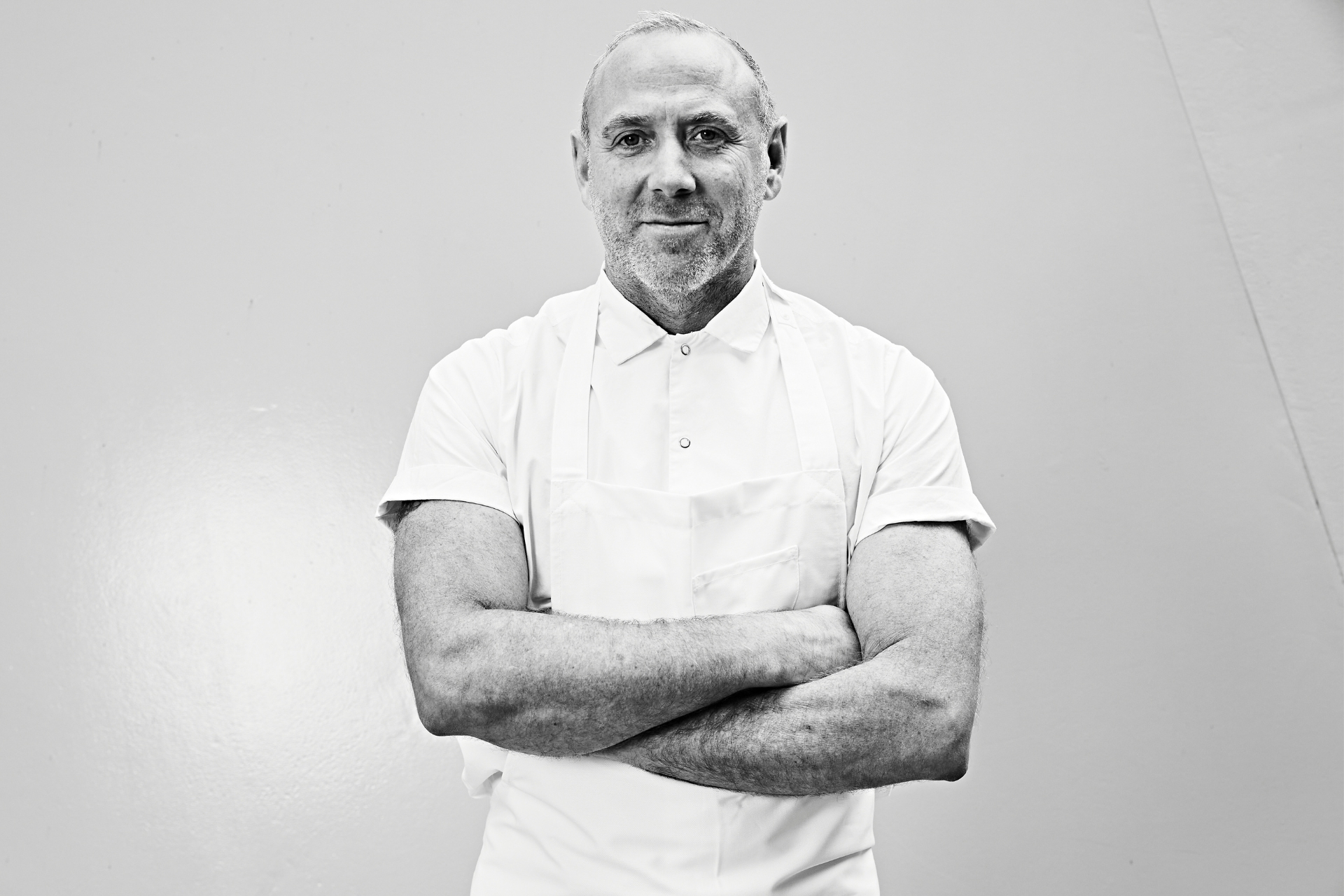Natural wine is not dead. Here’s how to get into it
Some wine commentators argue natural wine is nothing more than a trend—and a dying one at that. Esquire's wine writer Mahmood Fazal argues otherwise.
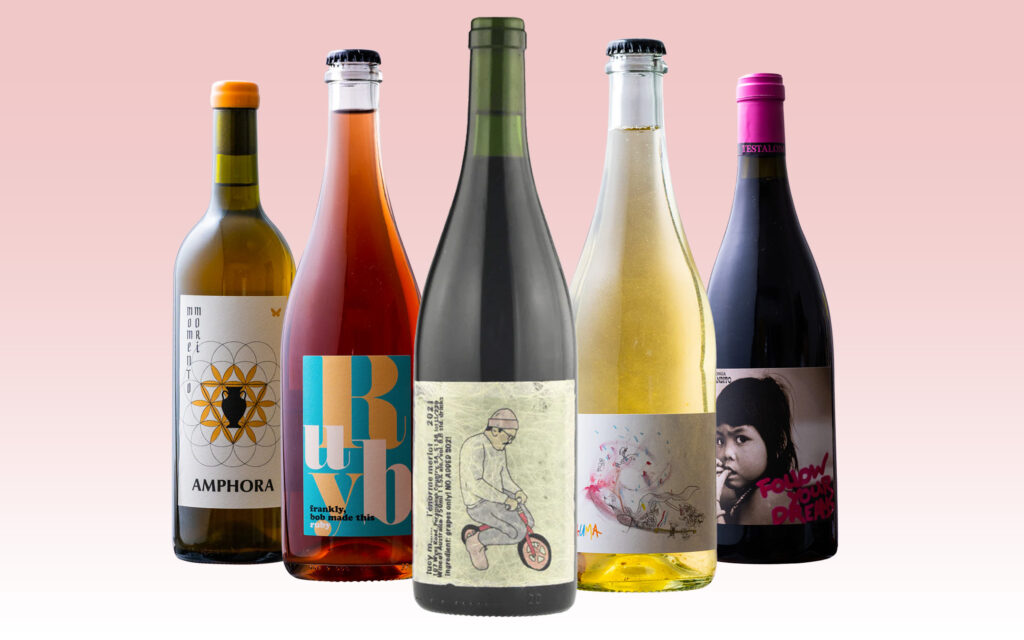
Mahmood Fazal is a Walkley award-winning investigative reporter. On the outskirts of his crime writing, Mahmood is currently compiling a book about wine. It is an extension of his Instagram page semiautomaticwine — where he experiments with journalism, automatic writing and poetry to demonstrate the meaning of his favourite wines. Uncorked is his take on a wine column; a romp through the bottles, varieties, phenomenons and personalities that colour the world of wine today.
THERE IS A sensual clarity in natural wines that is impossible to imitate. Having distanced myself from the world of natural wine over the last few years, there’s a few standout bottles that have brought me back. Take Gravner’s Ribolla, a haunting and tranquil white wine from Northern Italy. It reminds me of why I was a devotee, embodying the essence of what makes natural wine practises the best in the world—a revelation of purity.
For the past few months, articles from all corners of the wine world have done the rounds, claiming natural wine to be dead and buried, with one publication stating; “You can’t drink a story.” However, the stories are exactly what captivates me about the historical sites, characters and personalities of the wine world imbuing our glasses with a sense of history and drama that is lost in blind tastings.
Not everyone is convinced. Those calling for the head of natural wine are challenging the dogma of what constitutes natural winemaking, even though there’s no contention the natural wine description is broadly defined on a continuum from minimal additions to zero-zero no-addition wines.
In response to the growing narrative, I spoke to Anton van Klopper, the prolific winemaker responsible for one of Australia’s most celebrated natural wines, Lucy Margaux. He’s been a vocal supporter of the natural varieties on social media, so I decided to call him for his reaction, not to sow division but to ask if he would guide us across the vast world of natural wine and pin down why the diversity of winemaking methods is integral to the culture of wine.
What defines a natural wine?
Anton van Klopper is in the winery topping up barrels when he takes my call. “What I love about natural wine is that it is undefined.” He describes natural winemaking as an ethos; “the first part is [that] it’s about how grapes are farmed: organic. The second part of the ethos is minimising additions, some people do add a tiny bit of sulphur and that’s seen as okay. I only drink zero-zero wines [with no additions] because that’s what I’m into.”
When buying natural wine, where do I start?
When asked how he would introduce people to the world of natural winemaking, he quips, “It’s a bit like before the internet when you would go to record shops and someone geeky there who didn’t want to talk to you had all these records that were special to them in the shop.
“So just try any natural wine shop, explain what you want and what you like, usually they’ll find something that fits your narrative. Go to a physical space and build a relationship with the really passionate and dedicated people at your local natural wine bars and shops.”
Anton van Klopper asserts, “It’s not a good idea to just buy a natty six-pack off the internet hoping you’re going to like it.”
What are the best natural wines on the market?
When asked about his favourite natural wines, his voice warms and warns, “Most of them are difficult to find like Domaine des Miroirs from the Jura. Easier to find is Cantina Giardino from Italy. Impossible to find is Aurelian Lefort…I find his wines ethereal.”
Importantly, van Klopper believes the natural wines we have in Australia can be really inspiring and enchanting, “You must try Scintilla’s wines, he’s next door to me, Jauma, Frankly This Wine Is Made By Bob, The Other Right, Manon Farm…it’s an endless list. I love and admire their wines.”
His own wines, under the label Lucy Margaux, are light and seductive. Anton van Klopper’s favourites are the Wild Man Blanc and Noir de Florette. They’re often low in alcohol and at first endearing before generating a complex matrix as the wines open up. “I’m not trying to give everything I wanted in the first sip. I hope they unfold in layers. So as you drink, you build yourself into the wine.”
What’s the best way to drink natural wine?
Van Klopper’s ideal way to drink wine is to take influence from Japan, “What I’ve learned in Japan about food is the texture is more important than flavour. And I really like the way natural wines feel.”
“For some reason, some people get a bit stirred up about natural wine,” says van Klopper while chuckling. “The best recorded history of wine is in Georgia, which is 8000 years of continual production of organic farm fruit. No sulphur used in the wine.”
Does natural wine have sulphur?
At the heart of natural winemaking is a question about the use of sulphur. “In the 1700s, Antoine Lavoisier worked out how to add sulphur in wine for stability—and the reason was because there were problems in many wines and it does provide stability.”
“The big argument with people is about having something that’s more artisanal or traditional, or having something that’s more modern” van Klopper argues it’s a question of problems and solutions, “Some people look for solutions by adding things, others reasses their skills in the farming and winemaking.”
What’s all the fuss about?
The criticisms of natural wines not being up to scratch might be because the market is growing so rapidly and there are many new natural winemakers who are still developing their craft. On the other hand, van Klopper argues, “we’ve never had a better time to drink traditional wine or natural wine because there’s so many good ones out there.”
There’s an economic argument too, “people in hospitality, their costs are going up and people don’t want to spend more for a glass of natural wine so they have to compromise and buy something less expensive with less stability.” So he contends, when entering the space confide and consult a fan.
“Every zero-zero farmer I know is individualistic and in their own pursuit. It’s not commercial, they’re trying to reach for something that’s pure to them. I believe there is a type of purity that is lost the moment you add sulphur. I’m not saying sulphur is better or worse,” laughs van Klopper. “In our wines the palette length is fuller and the wines have the ability to change in a totally different way. They taste like living wines.”
See more of Mahmood Fazal’s wine writing for Esquire, here:
The thinking behind Australia’s most enigmatic Pinot Noir
The Chardonnay from small-town Victoria no critic can fault
Related:













